The Link Between Gut Microbiome and Weight Management
Many people make weight-management health resolutions at the start of a new year, but very few are able to reach their goals (1,2). Research has demonstrated that one's gut microbiome can be a significant factor in setting conditions for success or failure in reaching weight-management goals (3). This article will explore the role of the gut microbiome and how it can be used to help achieve successful health resolutions.
Blog Contents
The Role of the Gut Microbiome in Weight Management
The gut microbiome is the collection of microorganisms that inhabit the human digestive tract. These microbes are essential for regulating digestion, metabolism, and immune system function. Research has found that an imbalance in the gut microbiome can hinder a person's ability to reach a healthy weight. (4,5)
An unhealthy balance can affect appetite regulation and energy production in the body, leading to increased fat storage. However, maintaining a healthy balance of gut microbes through diet and lifestyle changes can help support a person's health resolutions by increasing their ability to burn stored fat and regulate their appetite (6). Gut microbiome and weight management can have other health benefits that extend beyond metabolic health and the prevention of metabolic disease. It can also have a positive impact on energy levels and motivation.
Antibiotics are often used in the meat industry to promote weight gain in animals. When these antibiotics enter the animal's gut, they disrupt its microbiome and create a suitable environment for bacteria that promote growth (7). As a result, the animal is able to convert food more efficiently into fat and body mass. Research has found that gut microbes also regulate metabolism in humans, so disrupting these microbial populations with antibiotics can lead to increased fat storage, even if caloric intake is not increased beyond normal levels. (8)
Researchers have recently discovered that antibiotics can increase the risk of obesity in mice. By giving mice a steady supply of antibiotics, they were able to create an obesity epidemic in the lab. This suggests that long-term exposure to antibiotics may lead to weight gain even if calories remain unchanged. The mechanism by which this occurs is still being studied, but it likely involves disrupting the delicate balance between beneficial and harmful bacteria in the gut microbiome. (9)
Recent research has found that the transfer of fecal samples between obese individuals and fit mice can promote obesity in the mice. This suggests that the microbiome of obese individuals may contain bacterial species that increase the risk of weight gain, even when food intake remains unchanged. (10, 11)
A Word on GMOs
There is still much to be discovered about the effect of genetically modified organisms (GMOs) on the gut microbiome. However, recent studies suggest that long-term consumption of GMOs may alter the diversity and composition of bacteria in the gut, and even reduce overall microbial diversity (12). Other research also suggests that GMOs could cause inflammation in certain individuals and lead to increased intestinal permeability. Given these potential risks, it is important to further study the consequences of consuming GMOs on our microbiome, as well as their effects on human health outcomes. In the meantime, avoiding GMOs or reducing consumption may be an effective way to protect one's gut health. (13)

The Link Between Gut Microbiome and Weight Management
Recent research, including clinical trials, has highlighted the importance of the gut microbiome in relation to weight management. Studies have shown that a healthy gut microbiome can improve overall health and help to reduce risk factors related to obesity (14). It appears that certain types of bacteria may play a role in regulating appetite and influencing metabolism, while other strains can decrease inflammation, which is associated with metabolic syndrome. Additionally, the gut microbiome has been linked with improved digestion, which can lead to more regular bowel movements and better nutrient absorption, both of which are important for maintaining a healthy weight. (15, 16)
A leaky gut is an impairment of the intestinal barrier that allows toxins, bacteria, and other compounds to pass from the intestines into the bloodstream. This can lead to chronic low-grade inflammation, which in turn can cause weight gain. At the same time, studies have shown that an imbalance in the composition of gut bacteria leads to increased levels of inflammation. Thus, it appears that both leaky gut and imbalances in the bacterial composition may contribute to weight gain by triggering inflammation. (17)
How to Achieve Successful Weight Management Through the Gut Microbiome
First, one should focus on promoting (healthy bacterial genes) diversity within the microbiome by consuming a wide variety of prebiotics and probiotics. This can be achieved through diet or supplements. Achieving a healthy terrain can play a significant role and supporting the colonization of healthy bacteria in the human body. This means that the foods we eat play a crucial role in our health.
Second, it is important to address any existing inflammation or other kinds of gut dysbiosis that could contribute to weight gain. This can involve lifestyle changes such as reducing stress and getting more sleep, as well as taking appropriate medications or supplements if needed. (18)
Finally, ensure that the microbiome receives plenty of nutrients so it can remain healthy and balanced. This means eating nutrient-dense foods such as fruits, vegetables, legumes and nuts, as well as exercising regularly to improve digestive health and overall well-being.
Other Benefits of a Healthy Microbiome:
- Healthy blood fatty acids
- Better success with weight loss intervention
- Reduction of insulin resistance
- Better glucose metabolism
- Reduction in cardiovascular disease risk
- Better mental health
- More resilient large intestine wall
- More energy and motivation to engage in physical activity
- Improvement in immune function
- Improvement in almost all health conditions
- Reduction in inflammatory blood metabolites
Conclusion
In conclusion, it is clear that the gut microbiome can play an important role in our weight management objectives. Through effective dietary and lifestyle modifications, we can promote diversity in the microbiome, address inflammation and dysbiosis, and nourish the microbiome to achieve healthy and sustainable weight loss goals. To get started, focus on incorporating prebiotics and probiotics into your diet or supplementing accordingly, taking steps to reduce stress and get adequate rest, eating nutrient-dense foods, and exercising regularly.
For more information on the gut microbiome and metabolism see Dr. Raphael Kellman’s book The Microbiome Diet
Article References:
- Norcross JC, Vangarelli DJ. The resolution solution: Longitudinal examination of New Year's change attempts. Journal of substance abuse. 1988 Jan 1;1(2):127-34.
- Kassirer JP, Angell M. Losing weight—an ill-fated New Year's resolution. New England Journal of Medicine. 1998 Jan 1;338(1):52-4.
- Arora T, Sharma R. Fermentation potential of the gut microbiome: implications for energy homeostasis and weight management. Nutrition reviews. 2011 Feb 1;69(2):99-106.
- Kinross JM, Darzi AW, Nicholson JK. Gut microbiome-host interactions in health and disease. Genome medicine. 2011 Mar;3(3):1-2.
- Yang K, Zhang L, Liao P, Xiao Z, Zhang F, Sindaye D, Xin Z, Tan C, Deng J, Yin Y, Deng B. Impact of gallic acid on gut health: Focus on the gut microbiome, immune response, and mechanisms of action. Frontiers in immunology. 2020 Sep 16;11:580208.
- Smitka K, Prochazkova P, Roubalova R, Dvorak J, Papezova H, Hill M, Pokorny J, Kittnar O, Bilej M, Tlaskalova-Hogenova H. Current aspects of the role of autoantibodies directed against appetite-regulating hormones and the gut microbiome in eating disorders. Frontiers in Endocrinology. 2021 Apr 19;12:293.
- Podolsky SH. Historical perspective on the rise and fall and rise of antibiotics and human weight gain. Annals of internal medicine. 2017 Jan 17;166(2):133-8.
- Angelakis E, Merhej V, Raoult D. Related actions of probiotics and antibiotics on gut microbiota and weight modification. The Lancet infectious diseases. 2013 Oct 1;13(10):889-99.
- Riley LW, Raphael E, Faerstein E. Obesity in the United States–dysbiosis from exposure to low-dose antibiotics?. Frontiers in public health. 2013 Dec 19;1:69.
- Turnbaugh PJ, Bäckhed F, Fulton L, Gordon JI. Diet-induced obesity is linked to marked but reversible alterations in the mouse distal gut microbiome. Cell host & microbe. 2008 Apr 17;3(4):213-23.
- Ridaura VK, Faith JJ, Rey FE, Cheng J, Duncan AE, Kau AL, Griffin NW, Lombard V, Henrissat B, Bain JR, Muehlbauer MJ. Gut microbiota from twins discordant for obesity modulate metabolism in mice. Science. 2013 Sep 6;341(6150):1241214.
- D'Brant J. GMOs, Gut Flora, the Shikimate Pathway and Cytochrome Dysregulation. Nutritional Perspectives: Journal of the Council on Nutrition. 2014 Jan 1;37(1).
- Jeanne DB, DACBN D. THE SHIKIMATE PATHWAY, THE MICROBIOME, AND DISEASE: HEALTH EFFECTS OF GMOS ON HUMANS.
- Tilg H, Kaser A. Gut microbiome, obesity, and metabolic dysfunction. The Journal of clinical investigation. 2011 Jun 1;121(6):2126-32.
- Tseng CH, Wu CY. The gut microbiome in obesity. Journal of the Formosan Medical Association. 2019 Mar 1;118:S3-9.
- John GK, Mullin GE. The gut microbiome and obesity. Current oncology reports. 2016 Jul;18(7):1-7.
- Seguella L, Sarnelli G, Esposito G. Leaky gut, dysbiosis, and enteric glia activation: the trilogy behind the intestinal origin of Parkinson’s disease. Neural Regeneration Research. 2020 Jun;15(6):1037.
- Kelly JR, Kennedy PJ, Cryan JF, Dinan TG, Clarke G, Hyland NP. Breaking down the barriers: the gut microbiome, intestinal permeability and stress-related psychiatric disorders. Frontiers in cellular neuroscience. 2015:392.









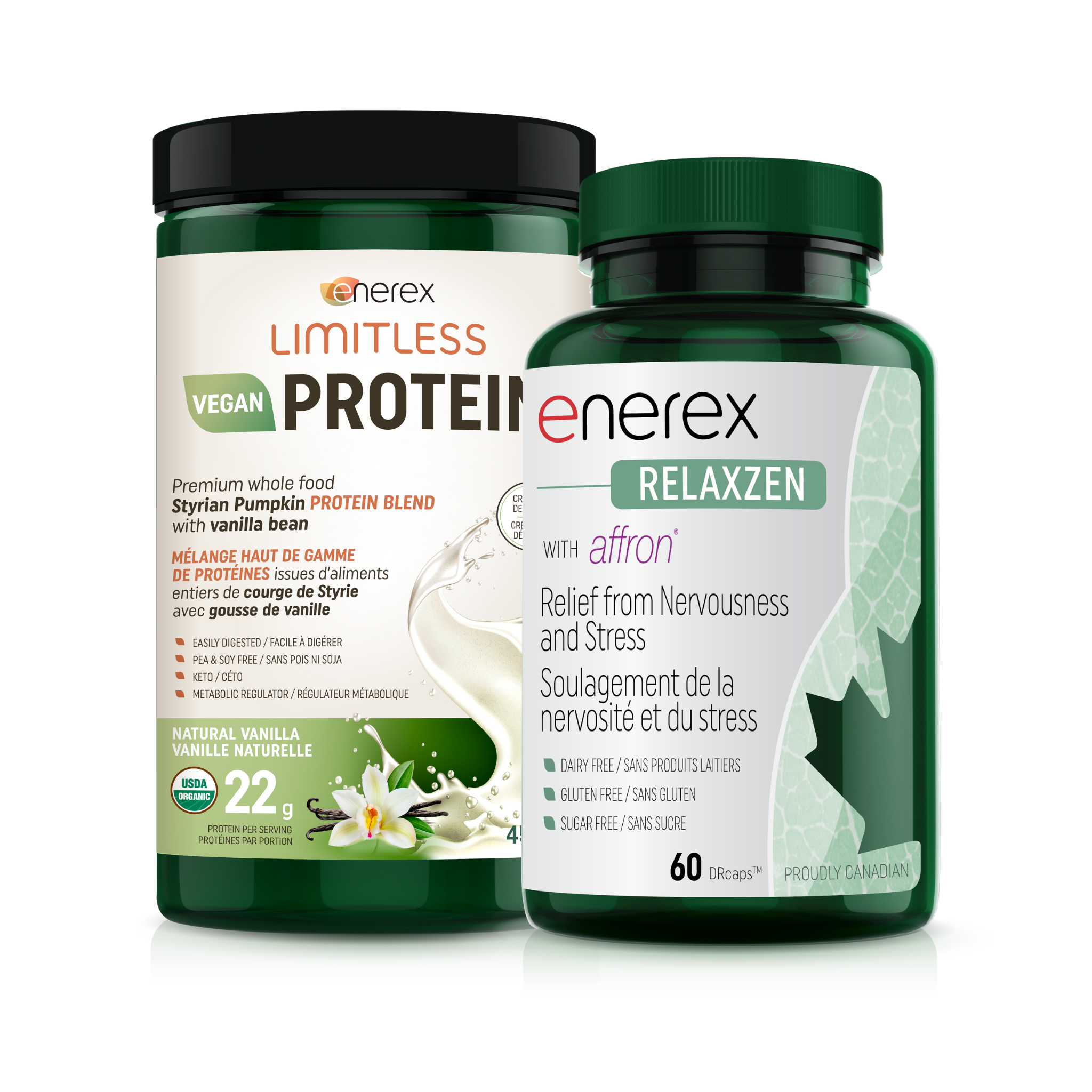
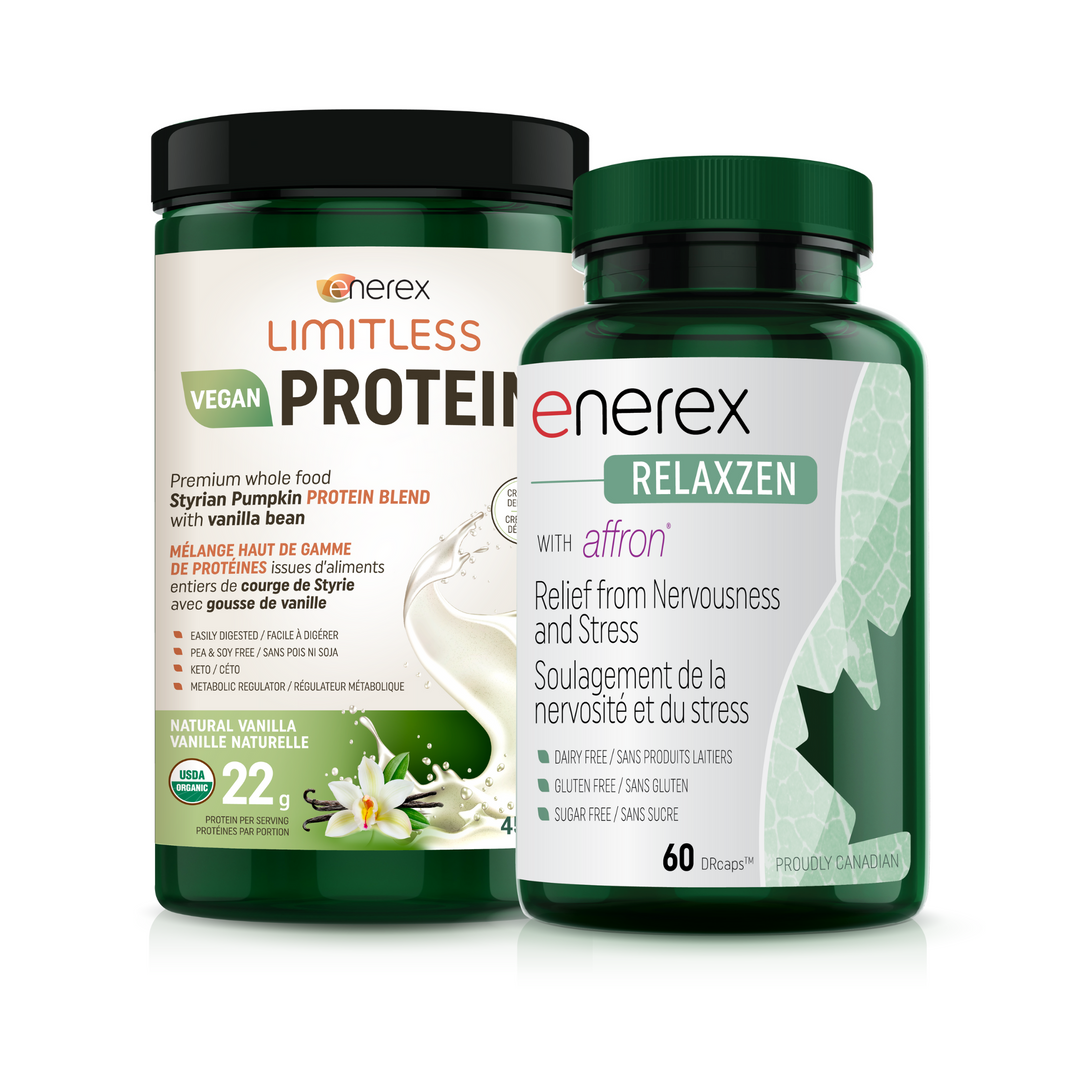
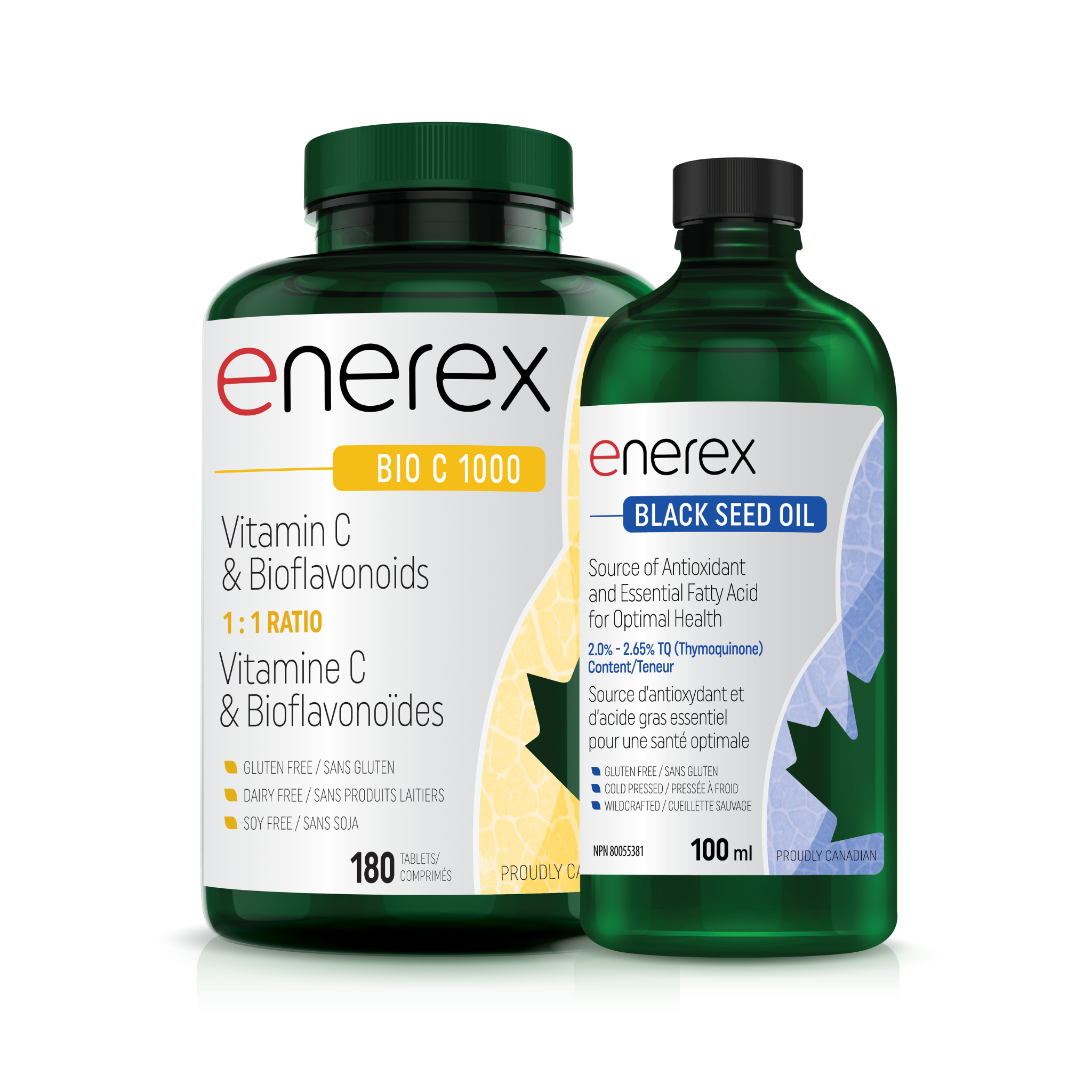
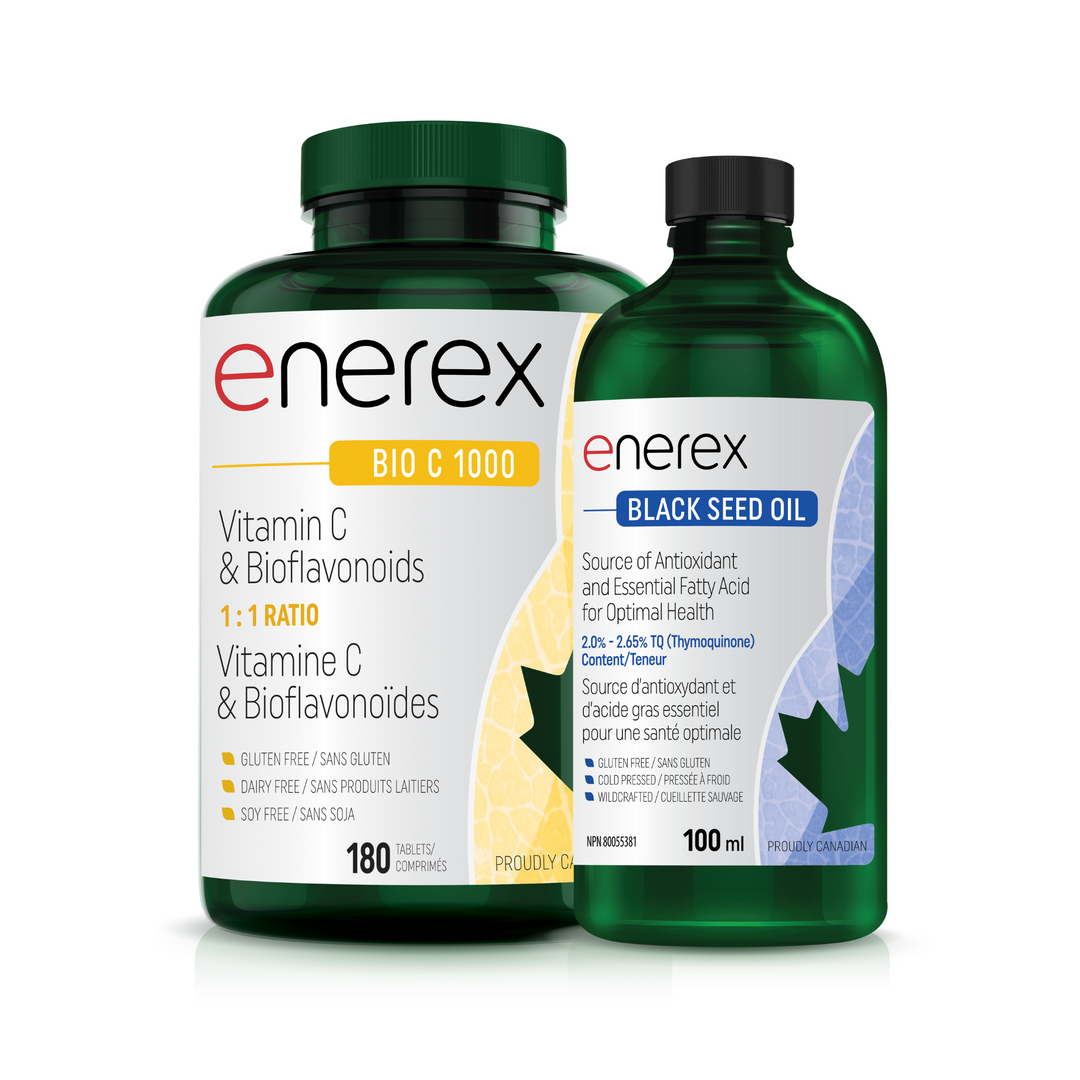
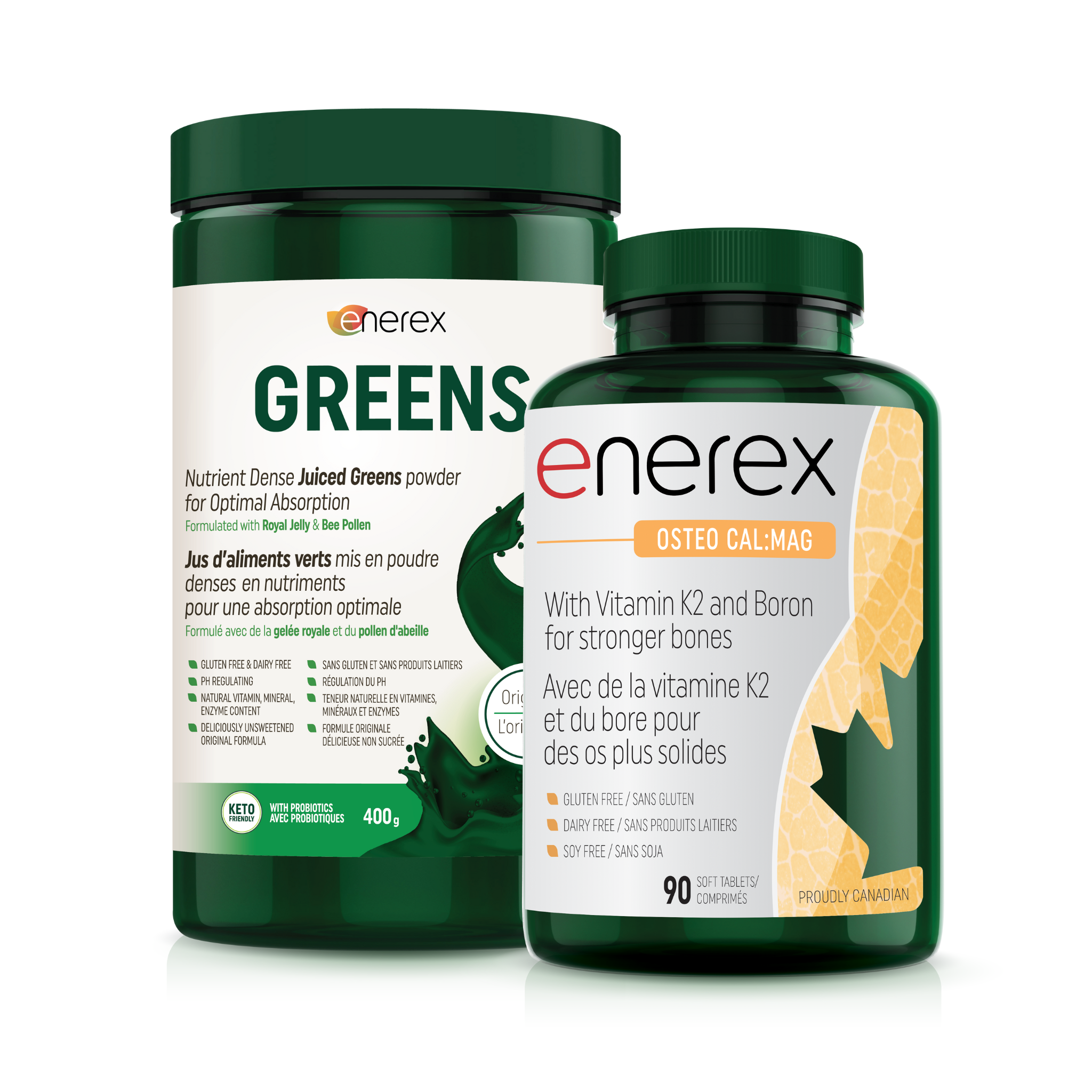
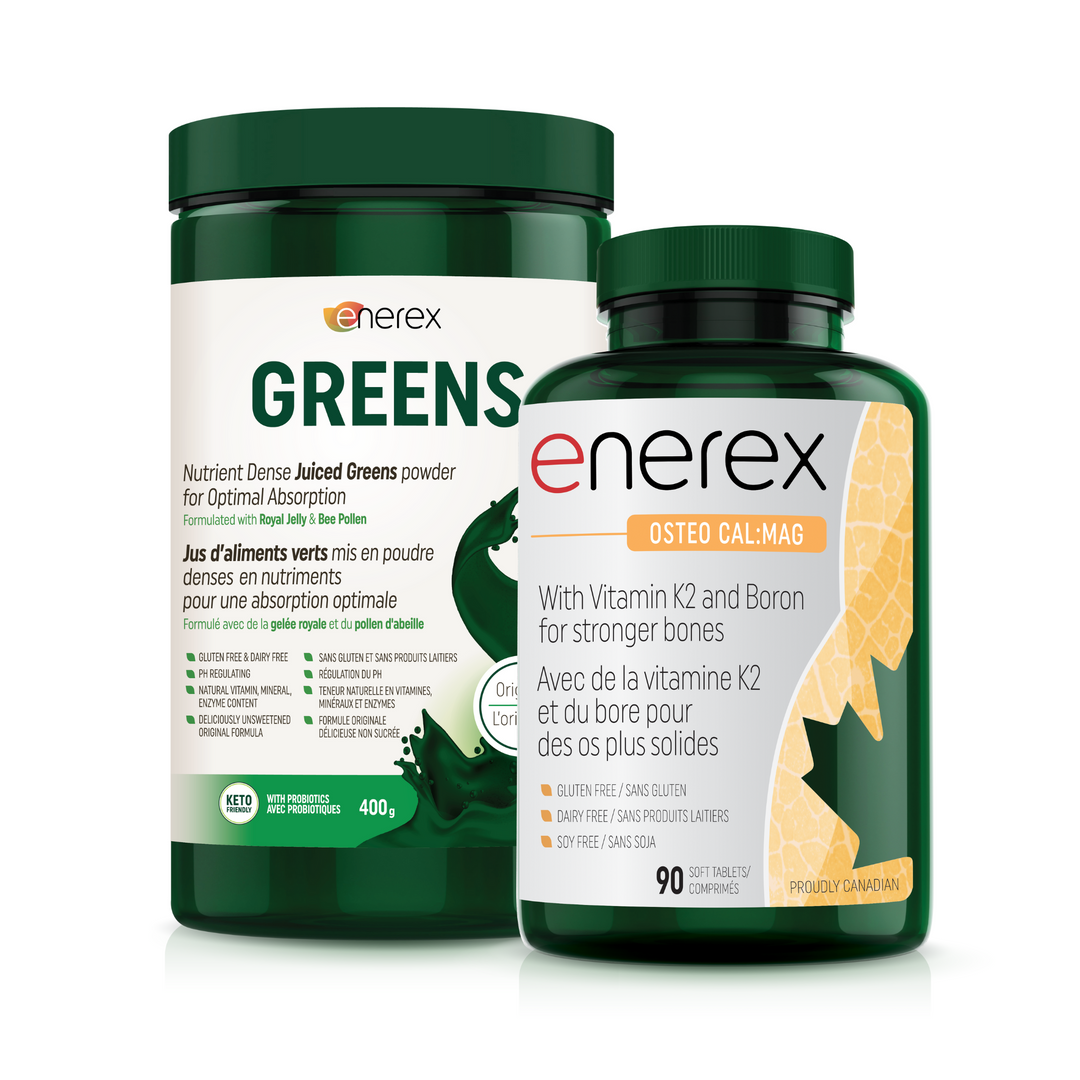
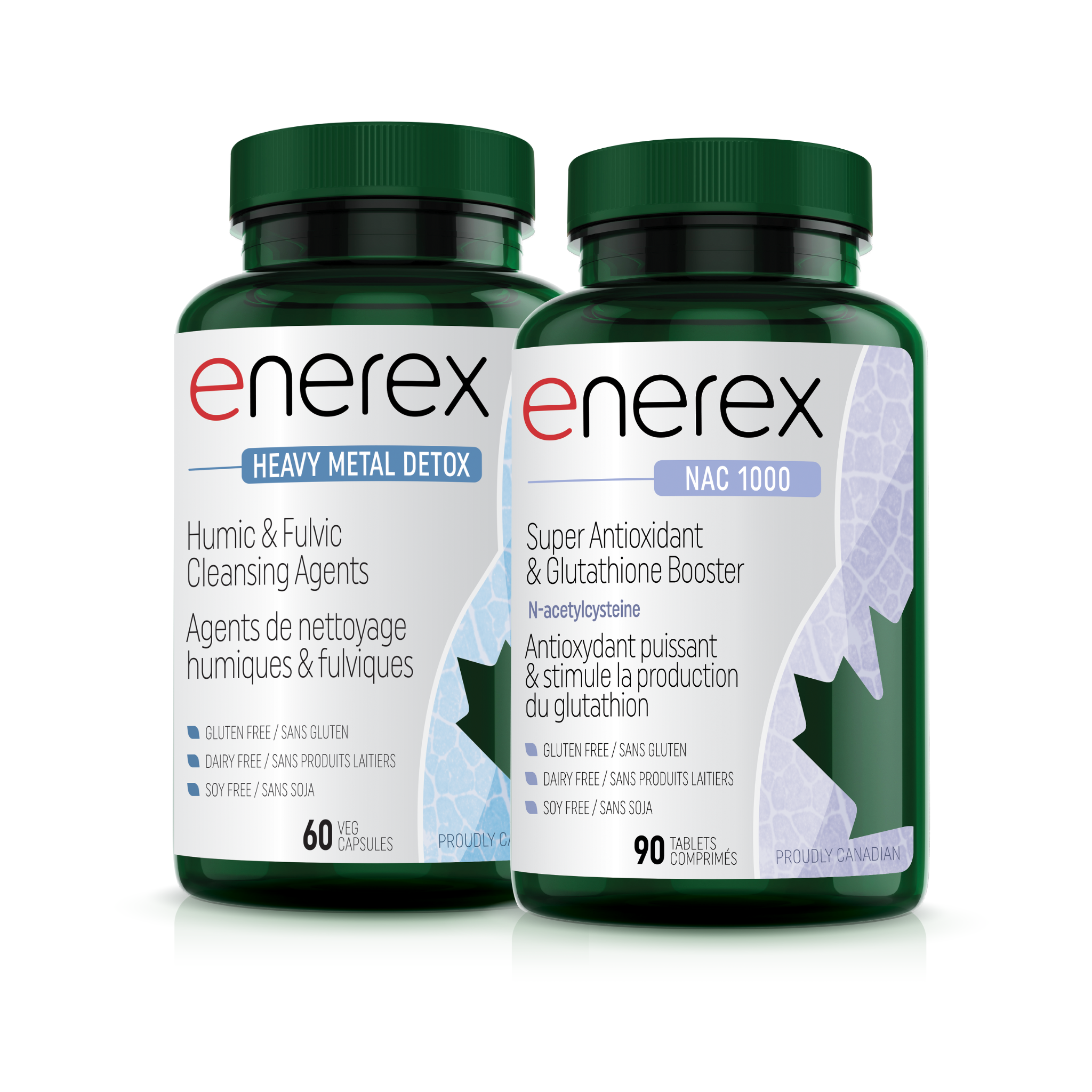
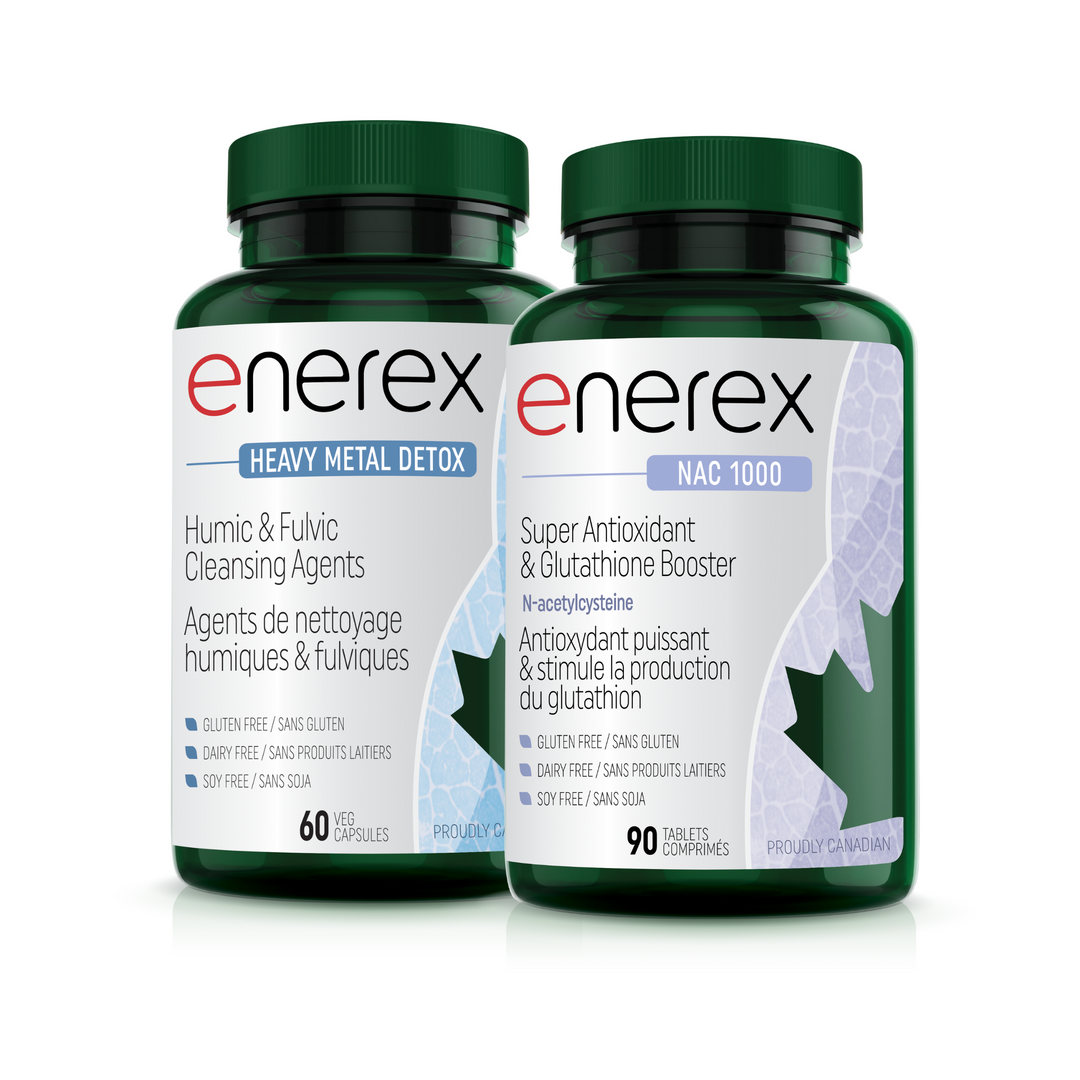
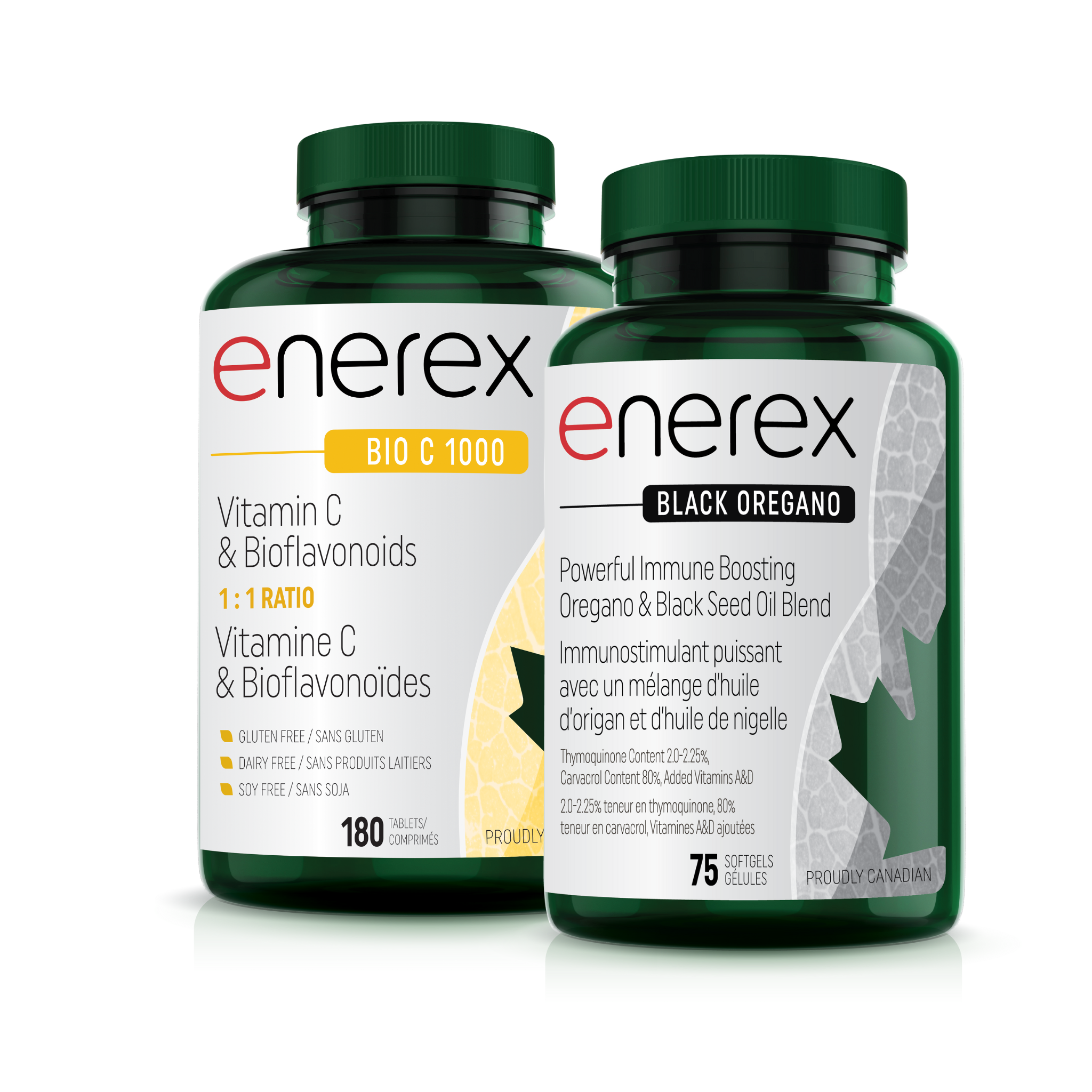
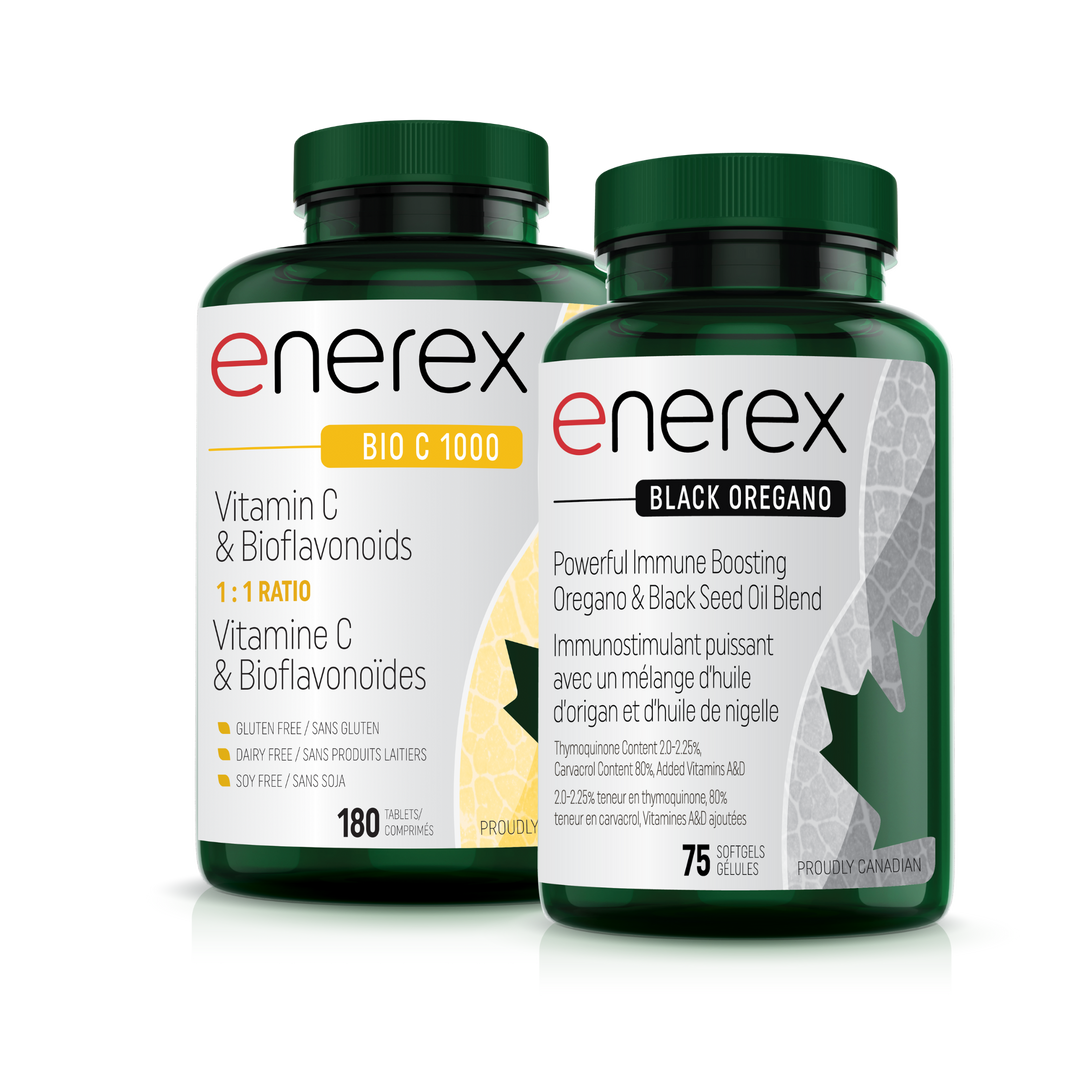

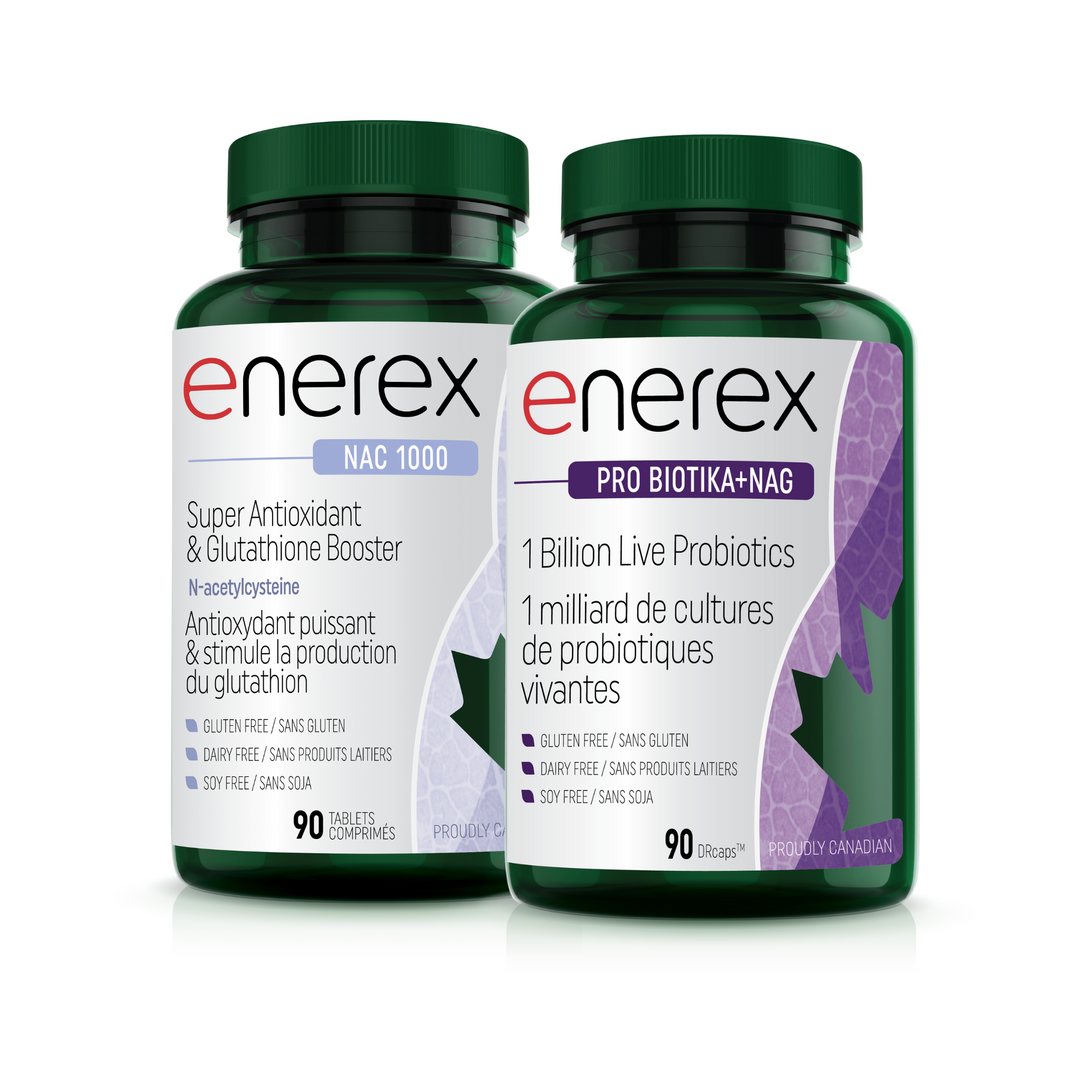
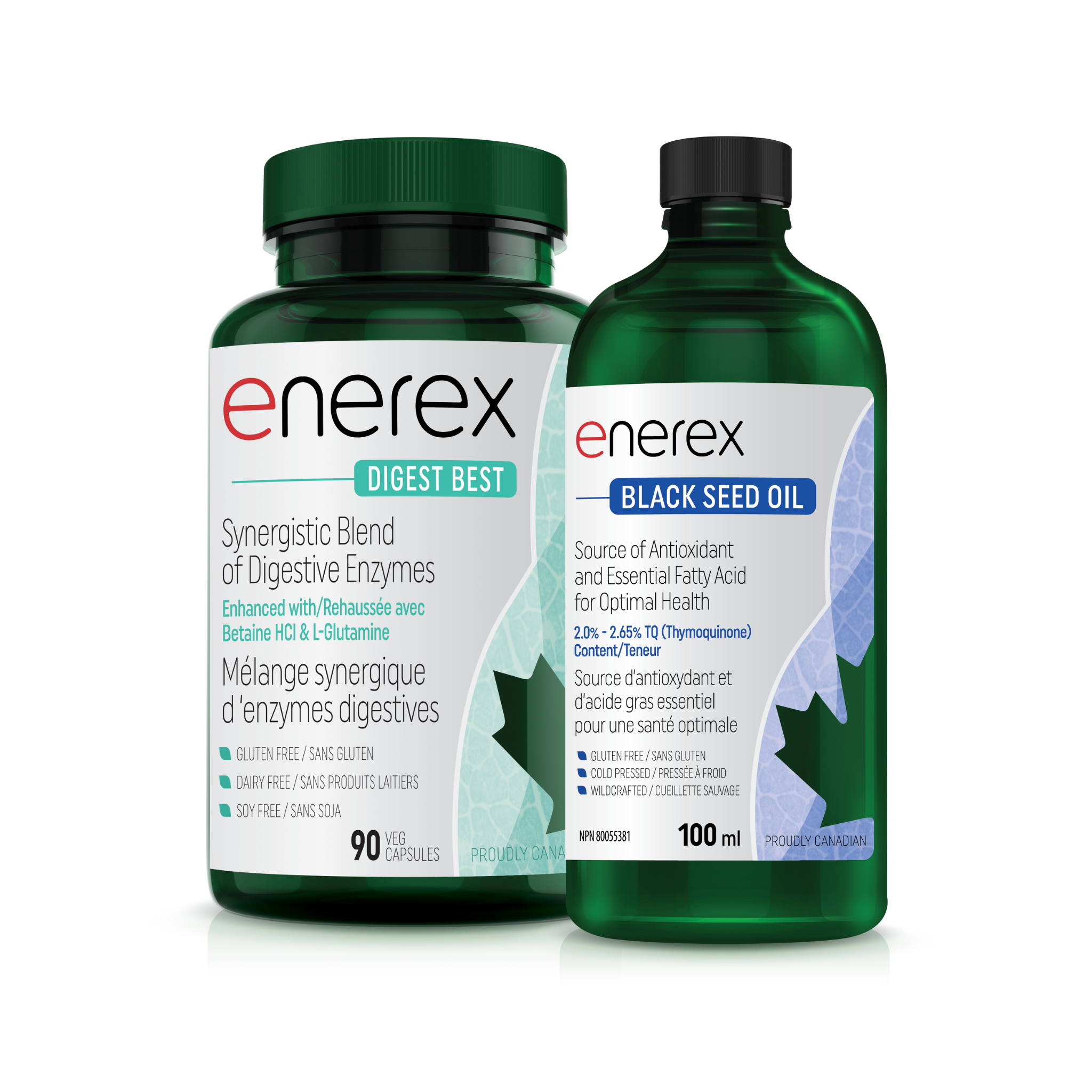
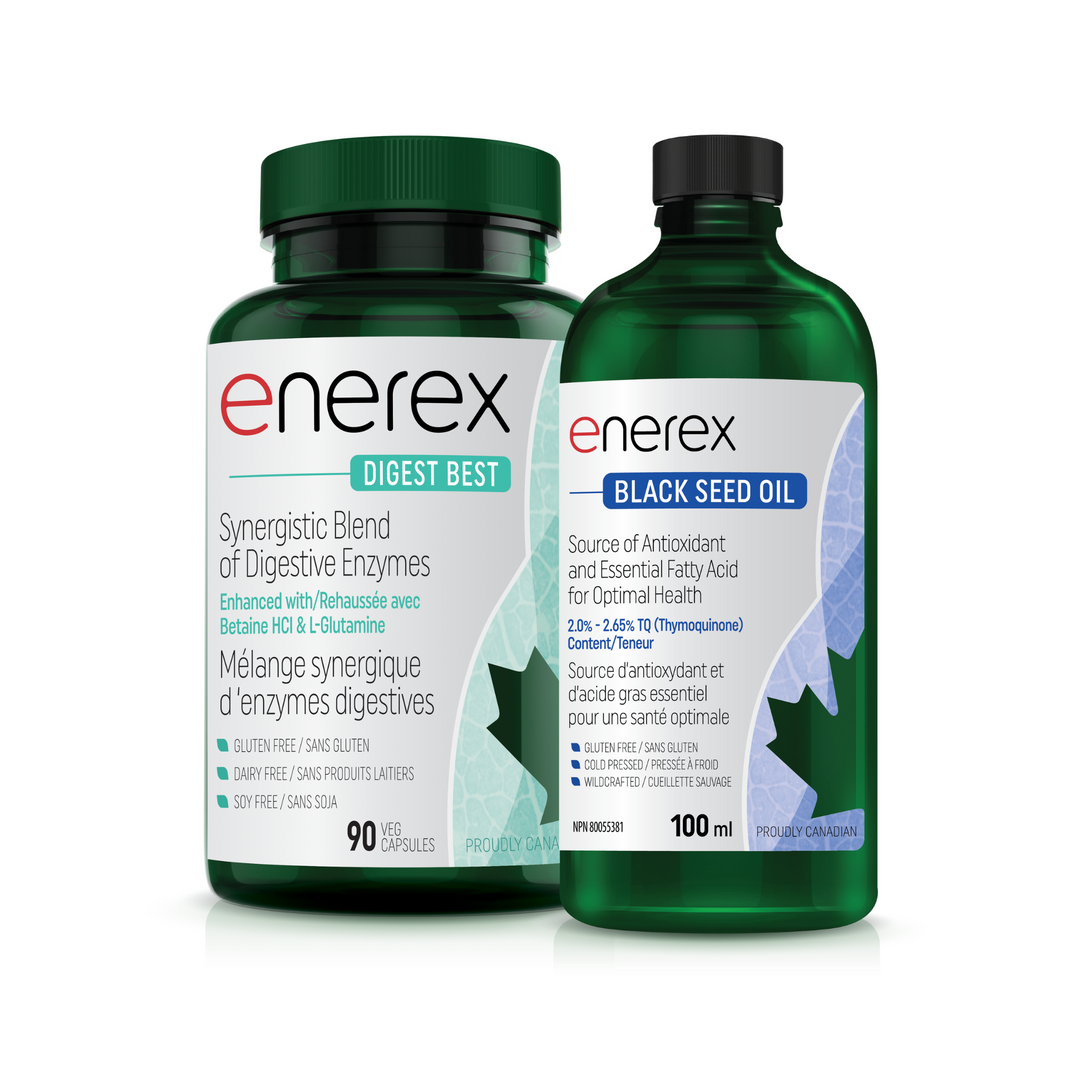
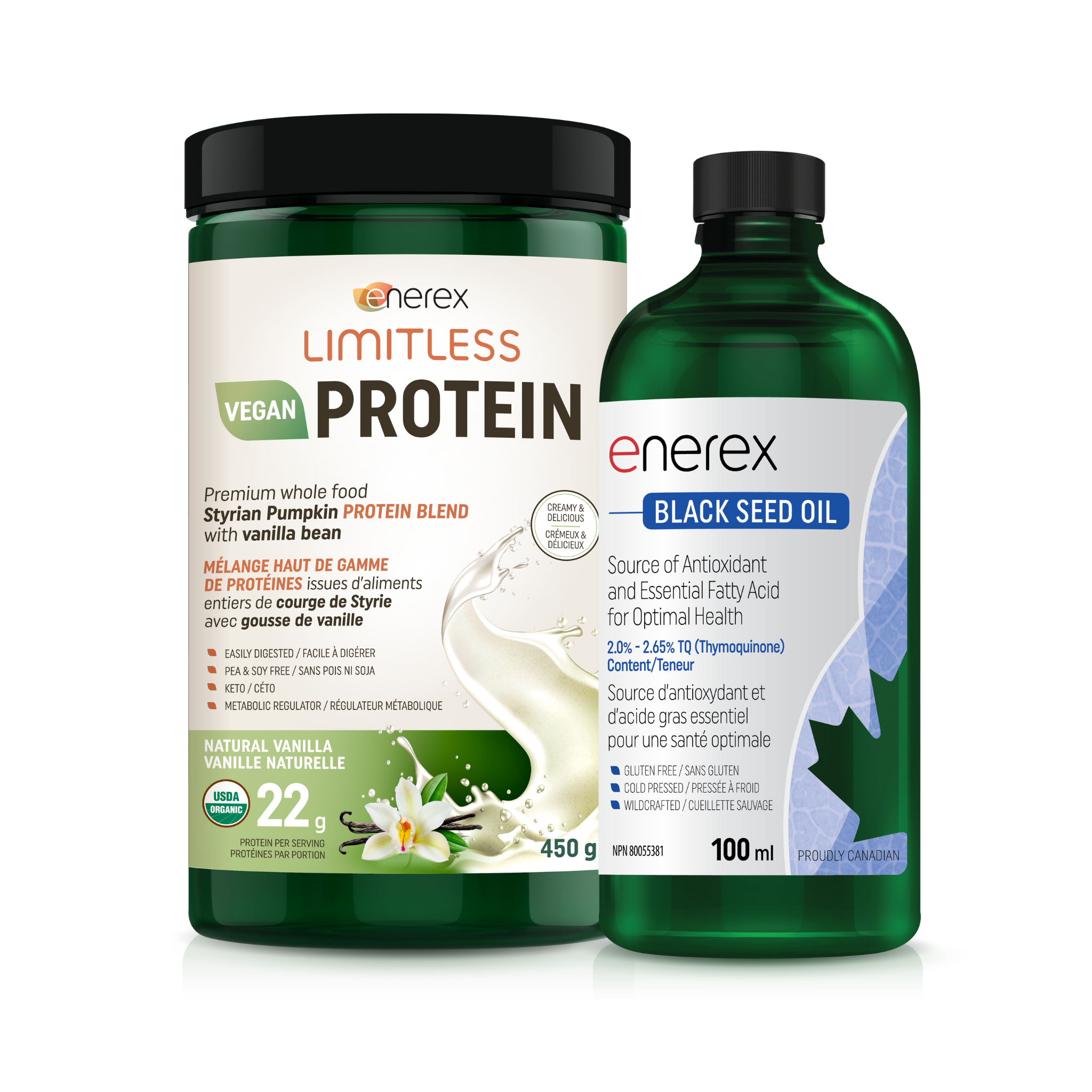
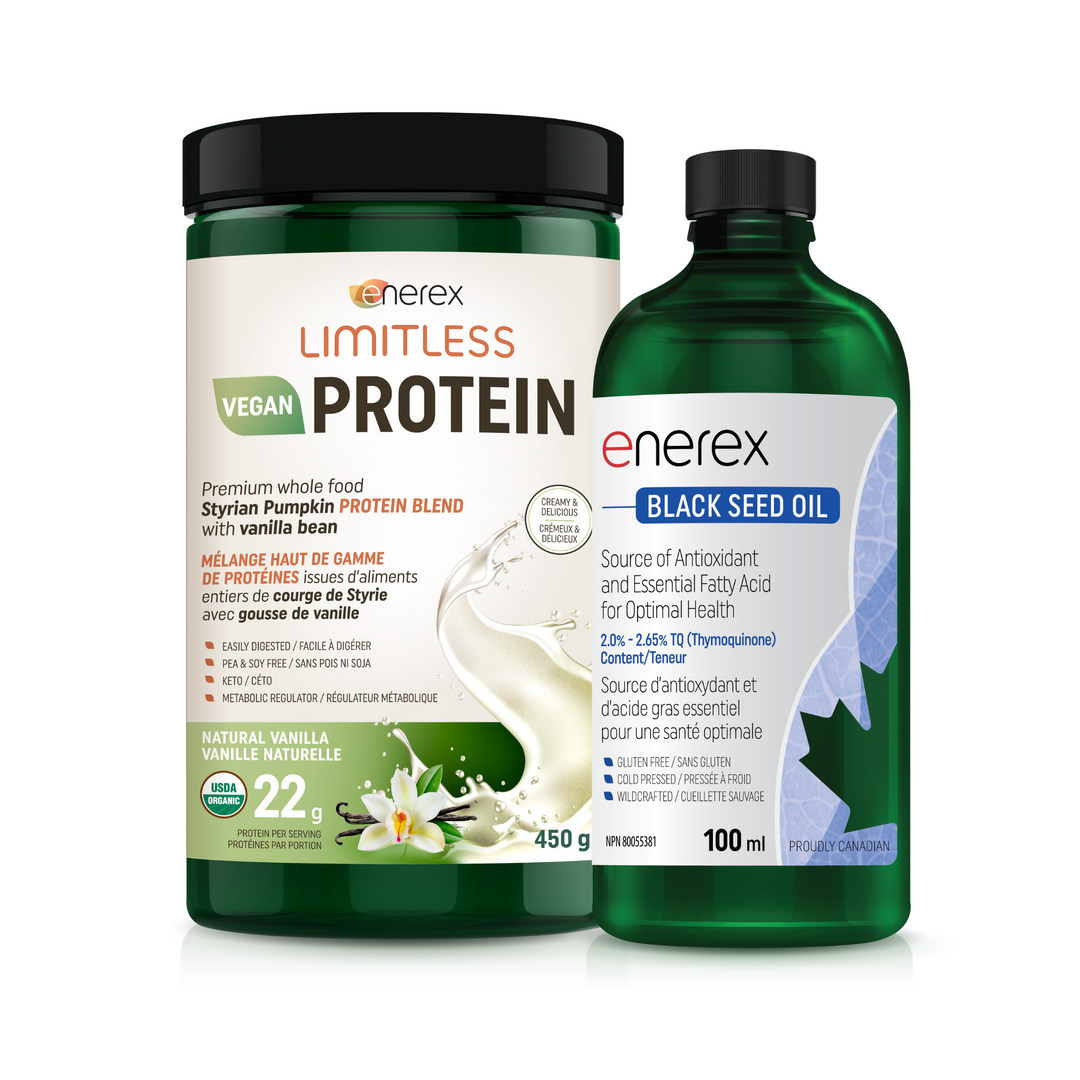
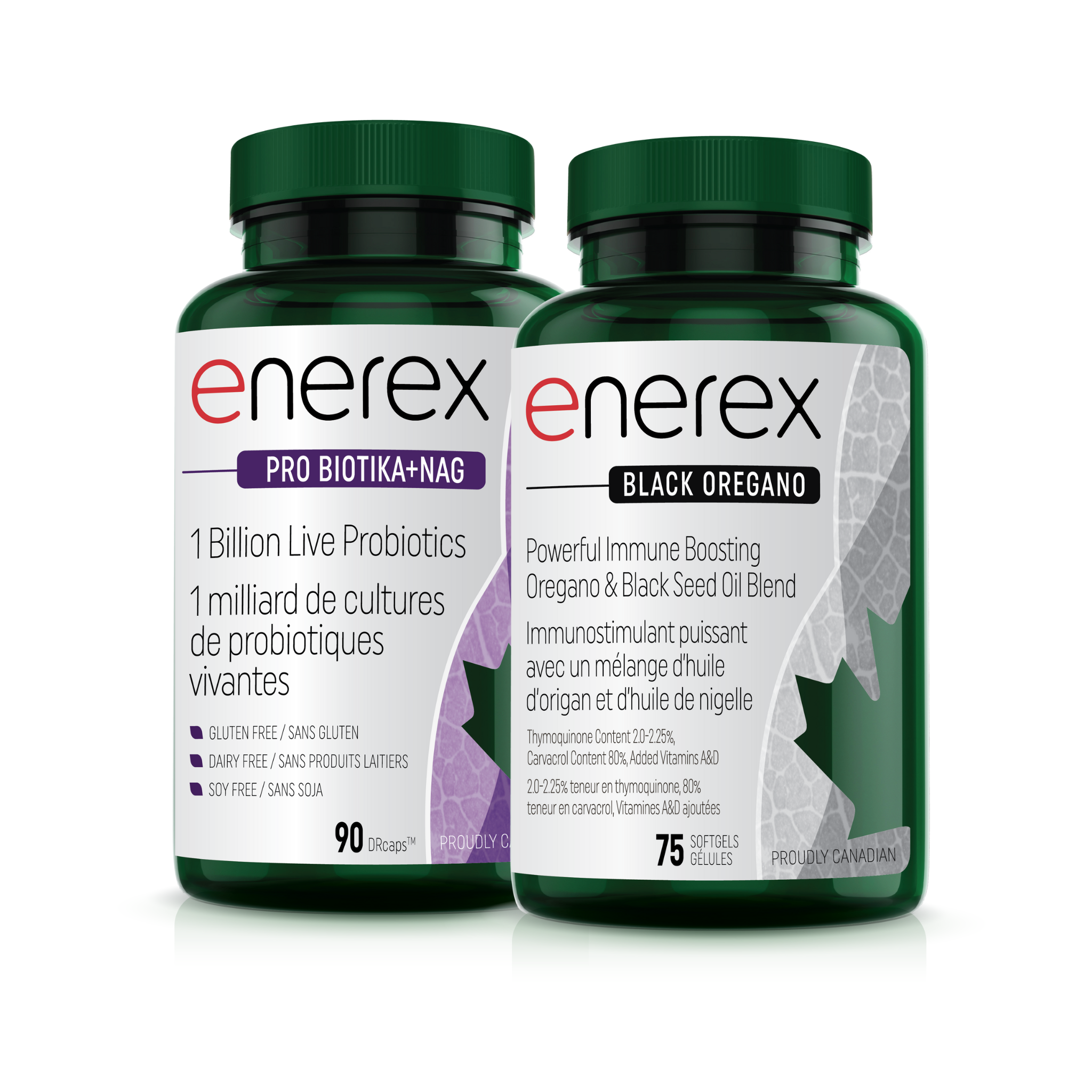
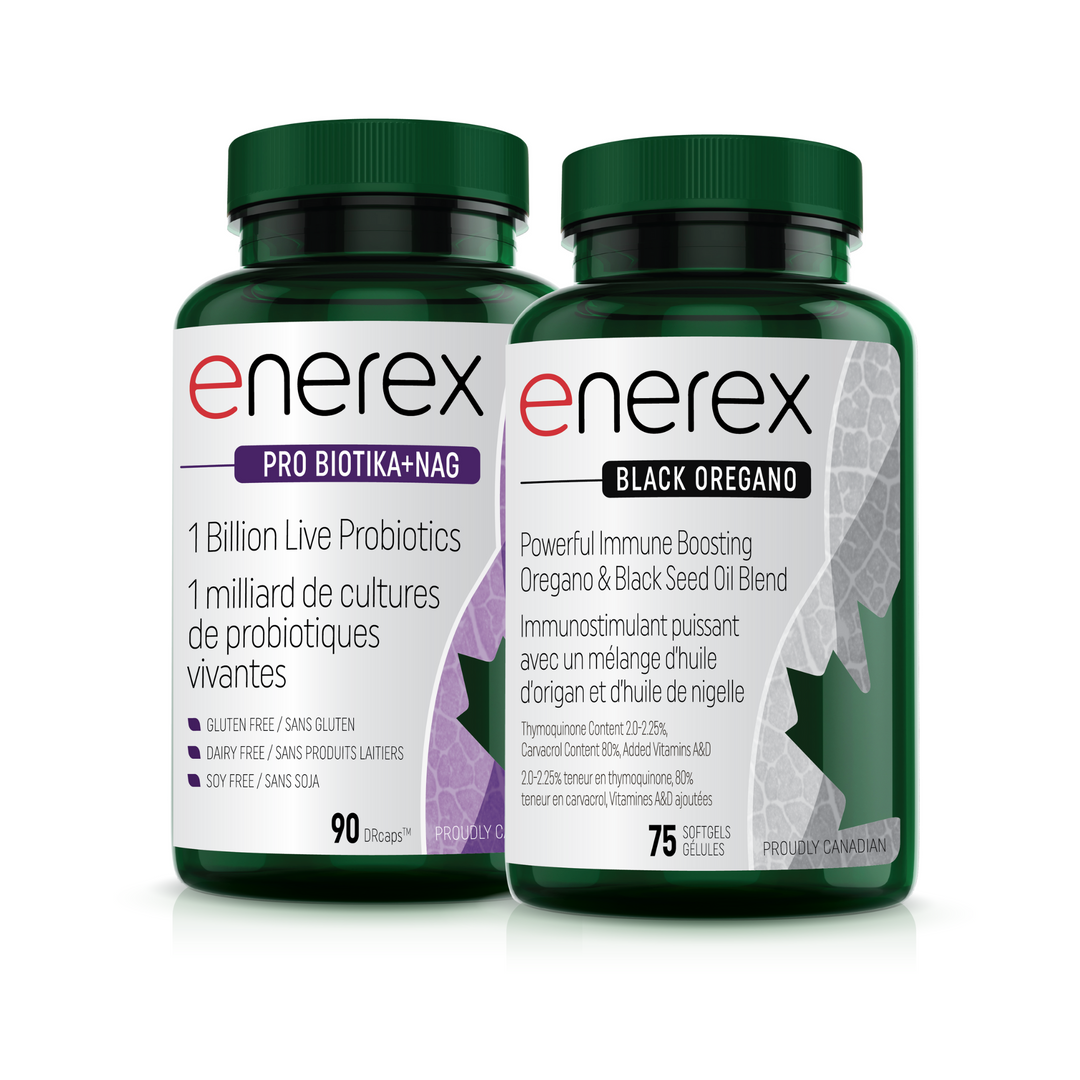




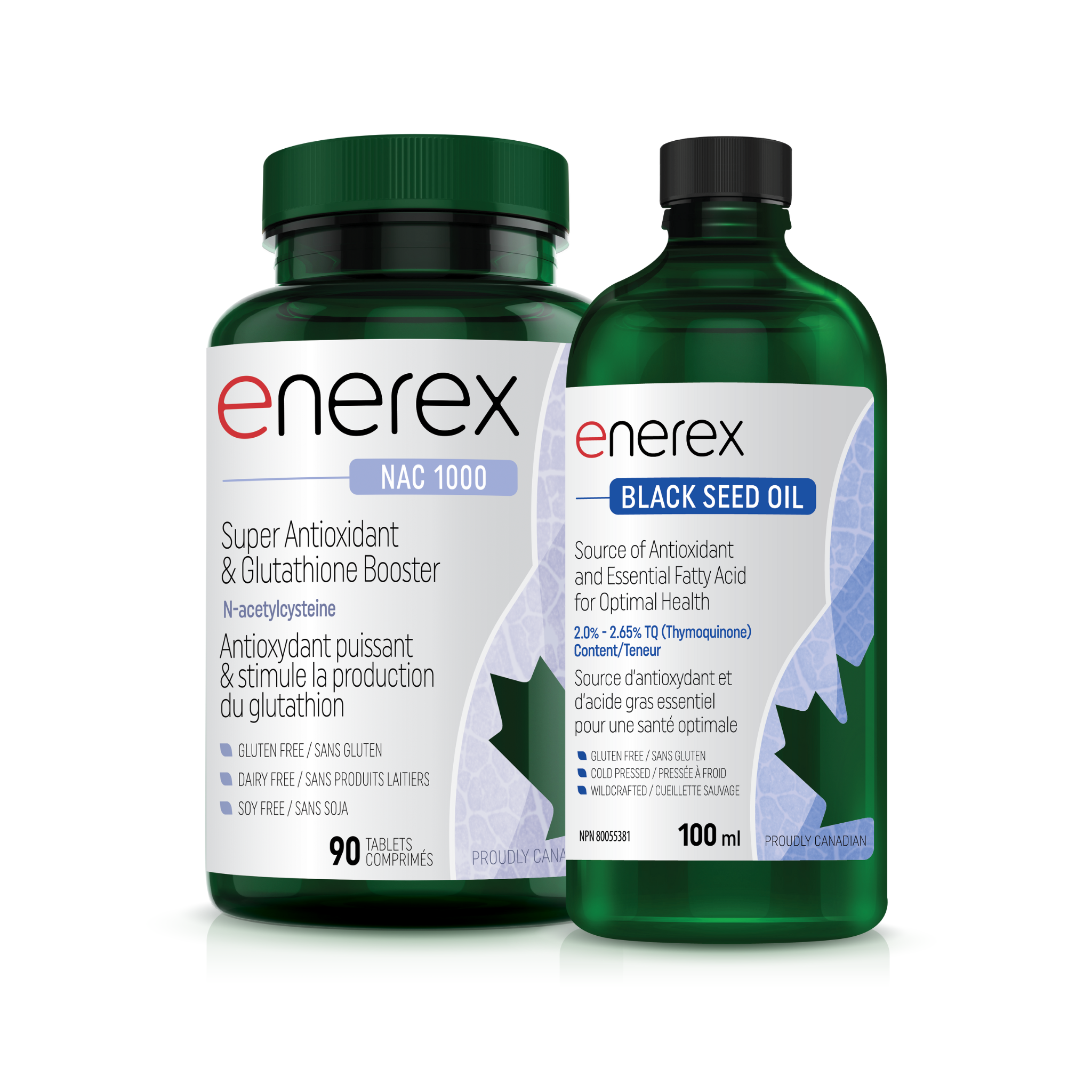
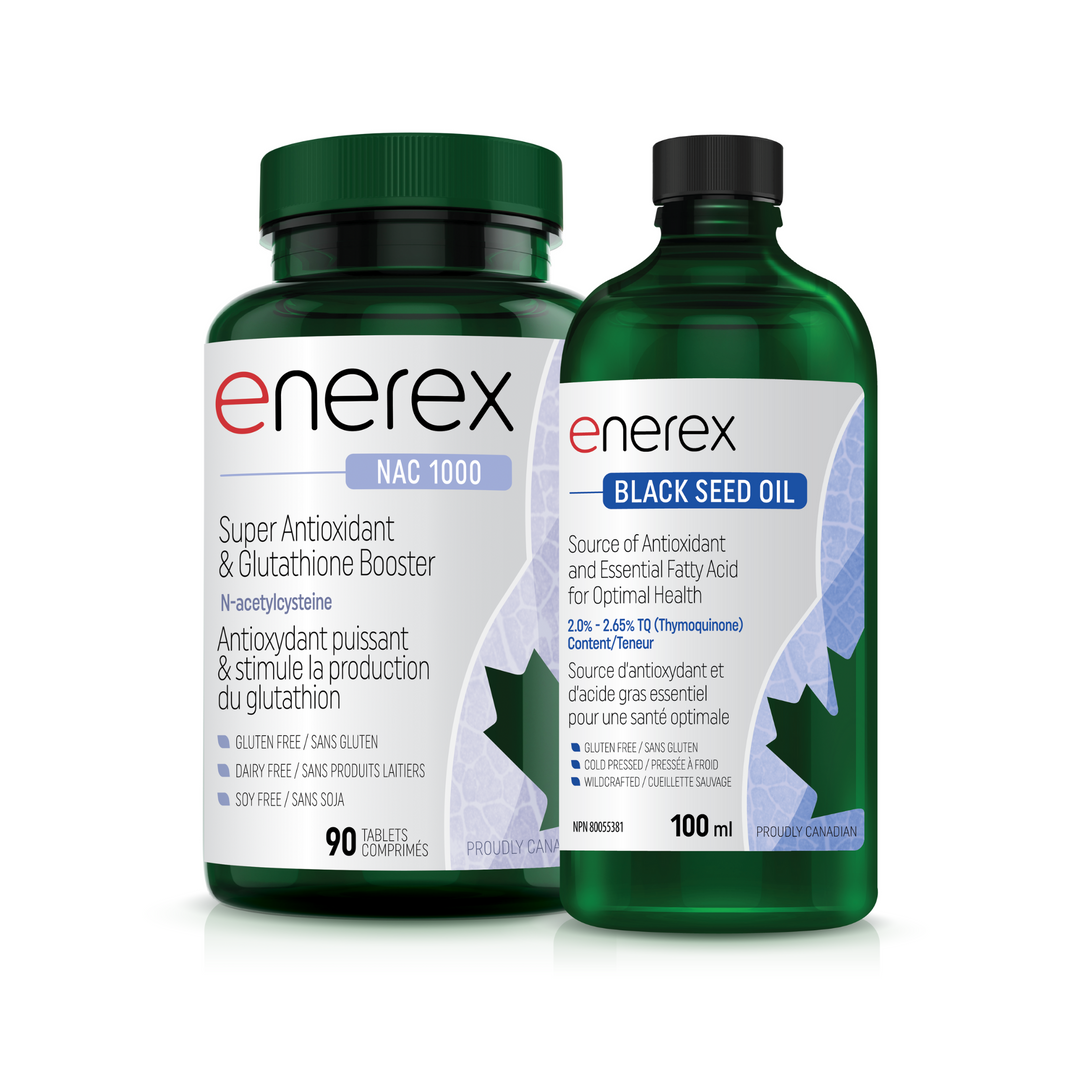
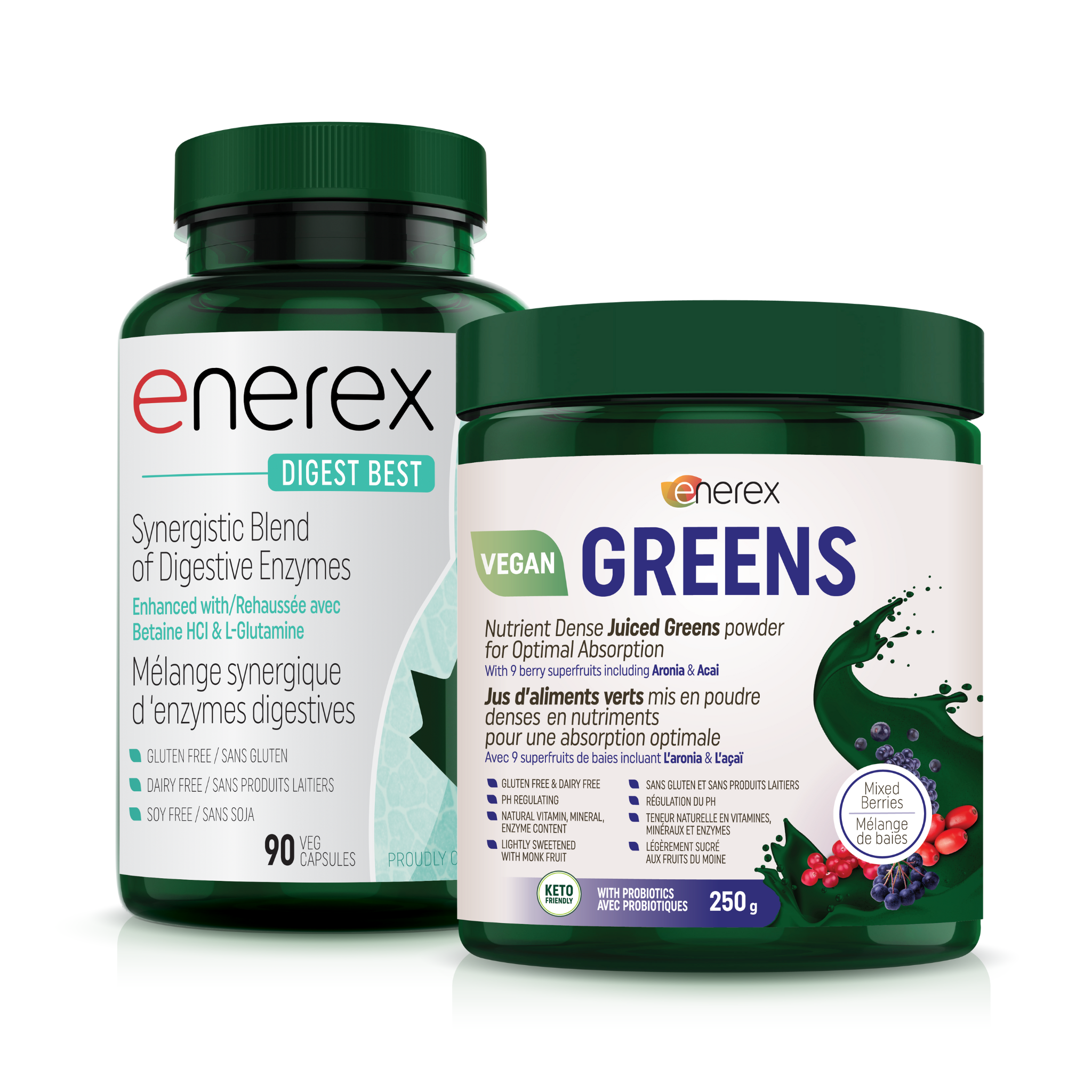
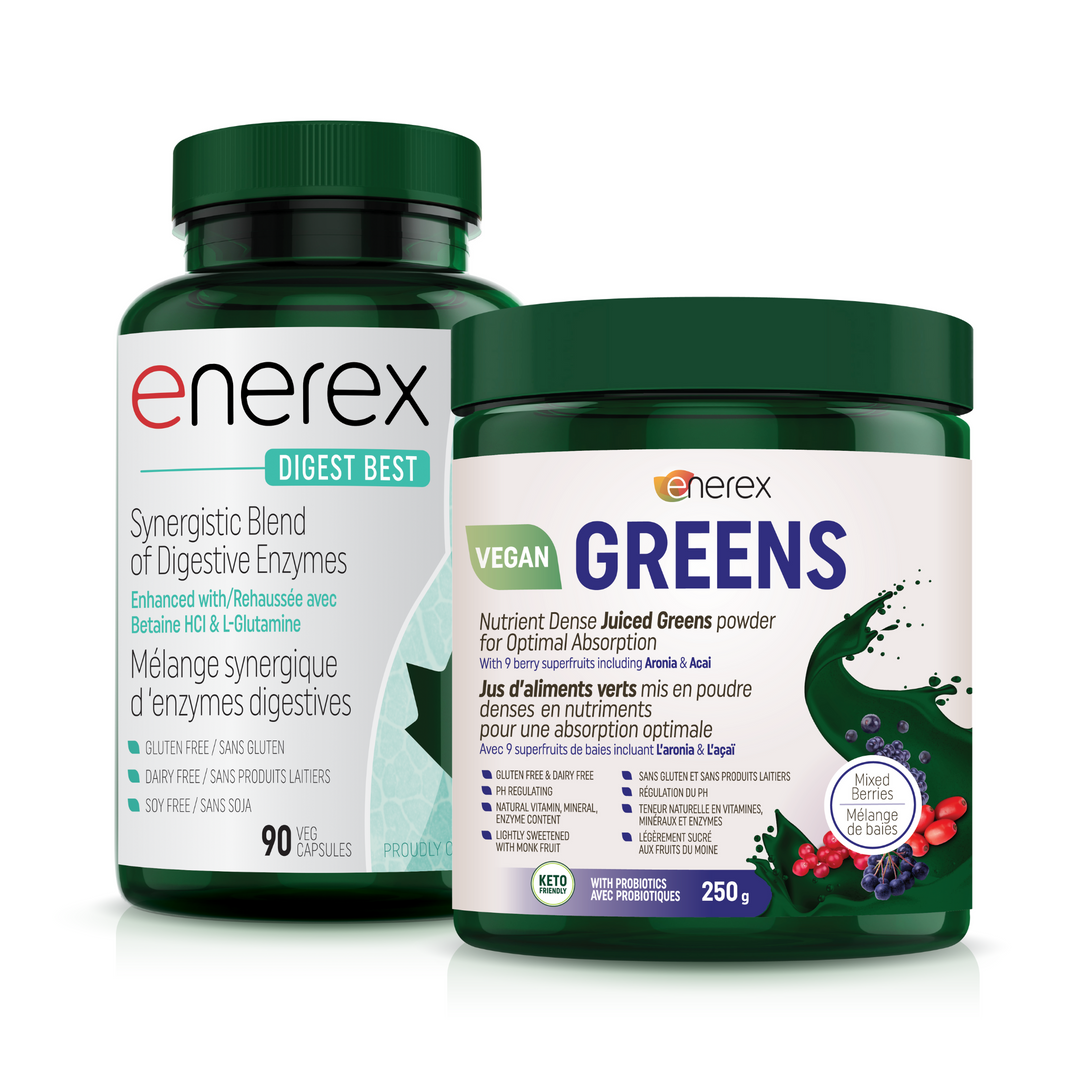
Laissez un commentaire